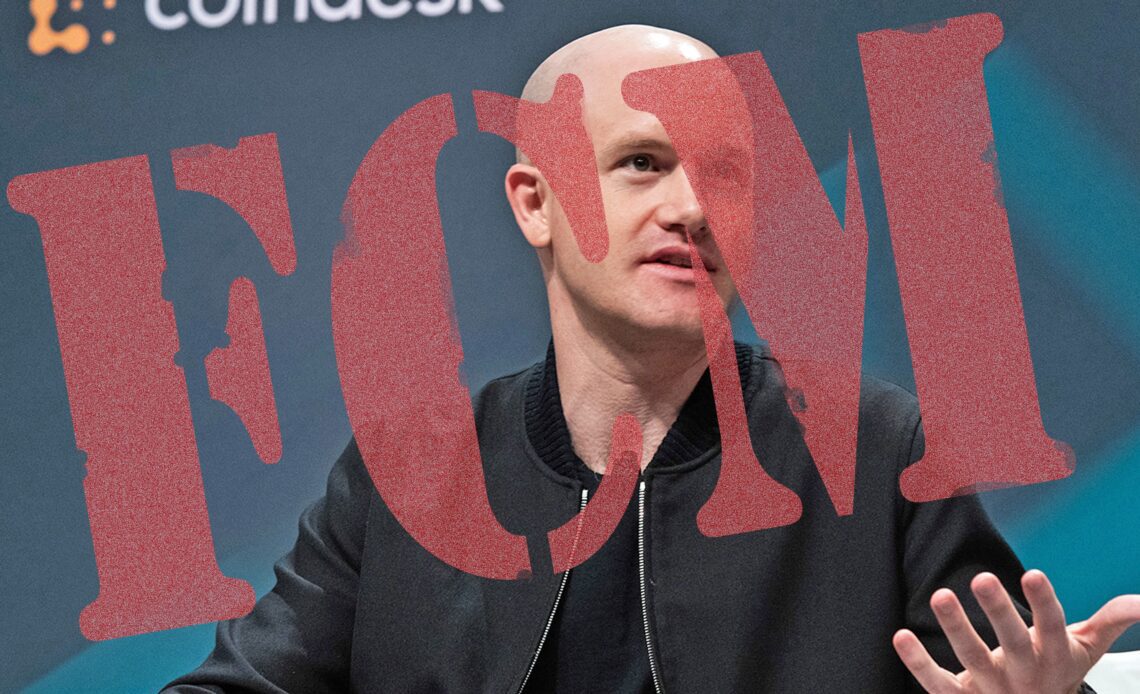As Coinbase Inc. (COIN) scraps with the U.S. Securities and Exchange Commission (SEC) on its right to exist as an exchange, the company has achieved an unprecedented milestone in U.S. oversight by winning approval to handle customers’ buying and selling of crypto futures.
In an industry desperate for U.S. regulation, Coinbase is now registered as a futures commission merchant, or FCM, with the Commodity Futures Trading Commission (CFTC), akin to an SEC-registered broker-dealer and a club that plays a key role at the core of U.S. derivatives trading. As the first crypto-native company to win that designation, it’s potentially blazing a path to U.S. oversight – at least in the world of commodities.
And because the U.S. regulator of commodities markets is effectively saying Coinbase can do business in bitcoin (BTC) and ether (ETH) contracts, that permission could reinforce industry arguments that ether belongs in the commodities bucket – meaning it could face a less onerous U.S. regulatory regime. Ether fans are likely to welcome such news if it signals the SEC may not have a say in their asset.
“This is just one further nudge — a little bit of extra confidence, a little bit of extra comfort that ether is – in fact – not a security,” said Dan Davis, a former general counsel at the CFTC.
Coinbase’s FCM registration may sound esoteric, but it’s a core part of the machinery in the financial sector, and there’s a high bar to winning that label.
“It’s not an easy registration to get,” said Davis, who is now co-chair of the financial-markets practice at Katten Muchin Rosenman. “It’s significant to get a registration like this,” he said, because a firm has to demonstrate strong systems for capital, disclosures, record keeping and segregating customer funds.
“It’s clear that in this instance, Coinbase was able to satisfy the regulatory requirements,” he said.
While the approval for Coinbase Financial Markets technically came from the National Futures Association (NFA) – the industry-funded group that reviews registrations and enforces standards under CFTC authority – the derivatives agency has a direct hand in…
Click Here to Read the Full Original Article at Cryptocurrencies Feed…
























